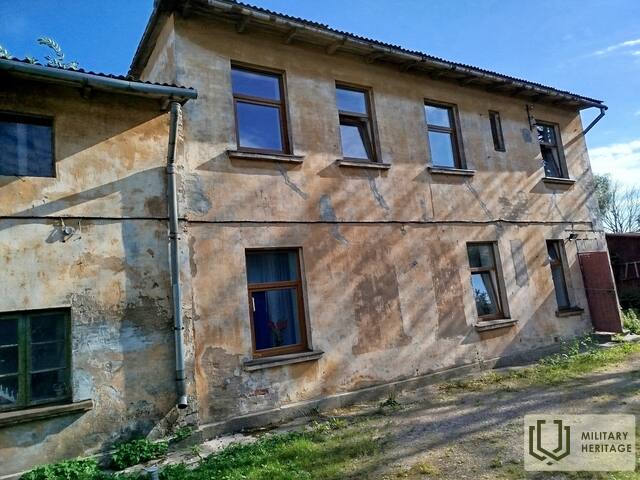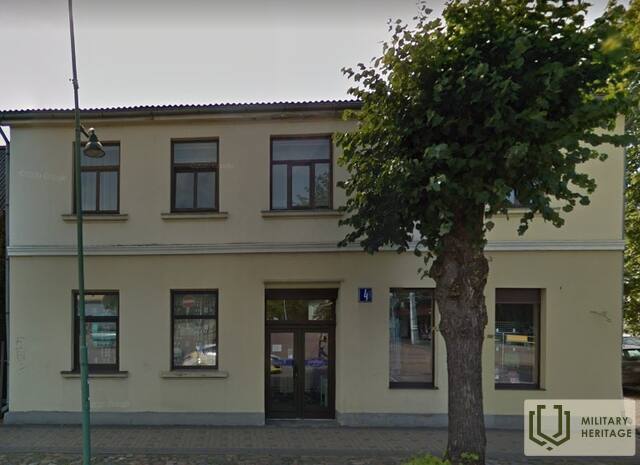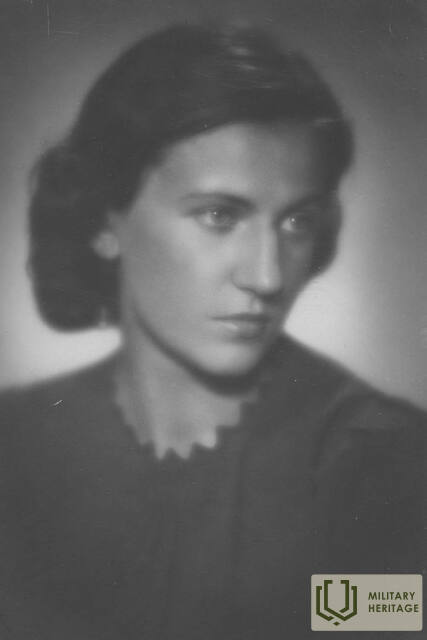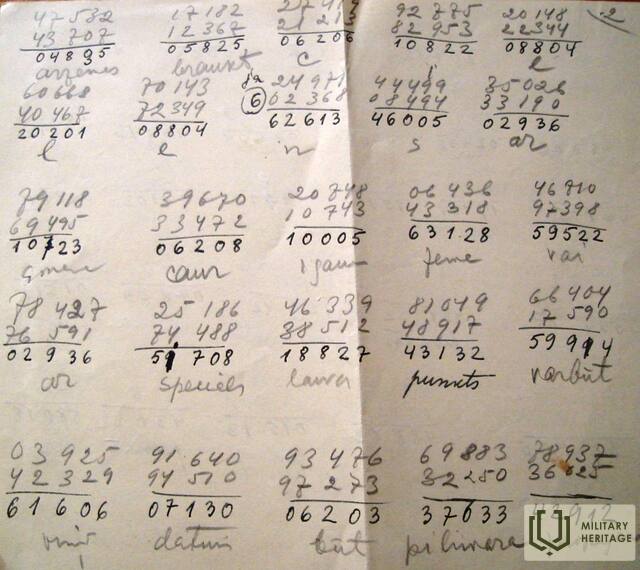The building in Ventspils where LCP liaison Valentine Jaunzeme (Lasmane) lived in 1944
Memorial site


The house at Lauku Street 4, Ventspils, was home to the teacher Valentīne Lasmane (nee Jaunzeme) (1916–2018). She was a liaison officer for the Latvian Communist Party and a member of the Ventspils liaison group. After World War II, she lived in Sweden.
She compiled the testimonies of 130 boat refugees in the publication “Across the Sea 1944/1945” (Stockholm, 1990), but V. Lasmane's own life story can be read in the book “Night is No Longer Just for Sleeping” (Riga, 2020). In 2000, she was awarded the Order of the Three Stars. She died at the age of 102 in 2018 in the Stockholm suburb of Täby.
Used sources and references:
Across the Sea 1944/45. The memories of 130 witnesses were arranged by V. Lasmane. Stockholm: Memento, 1990.
Night is no longer just for sleeping: the life story of Valentīne Lasmane. Riga: Mansards, 2020.
The film "REFUGES IN BOATS" from the TV film series "To be Latvian. Sweden" https://www.youtube.com/watch?v=YoI7LWS0110
Related timeline
Related topics
Related stories
Valentina Lasmane's successful escape
A biographical story written by Valentīne Lasmane about how she managed to escape from detention during the German occupation
The first refugee boat "Centība" from Bambali
On 31 October 1944, the boat "Centība" left the Kurzeme coast. The departure of this boat was reconstructed by Valentīne Lasmane, the Convener of the Latvian Central Council, from the recollections of several fellow passengers
The secret and dangerous activities of Valdemārs Ģinters
Valdemārs Ģinters' name was the last hope for many Latvian refugees to escape to Sweden. Too much attention from the refugees was dangerous, and therefore Ģinters kept it a secret.
Refugee boat transfer point from the Kurzeme coast to Sweden near the "Pāži" houses
One of the important places of relocation was near the “Pāži” house, where a monument has now been erected - “Sail of Hope”. “The ships came regularly and the most people left from “Pāži”, says the memories of I. Freibergs.


















